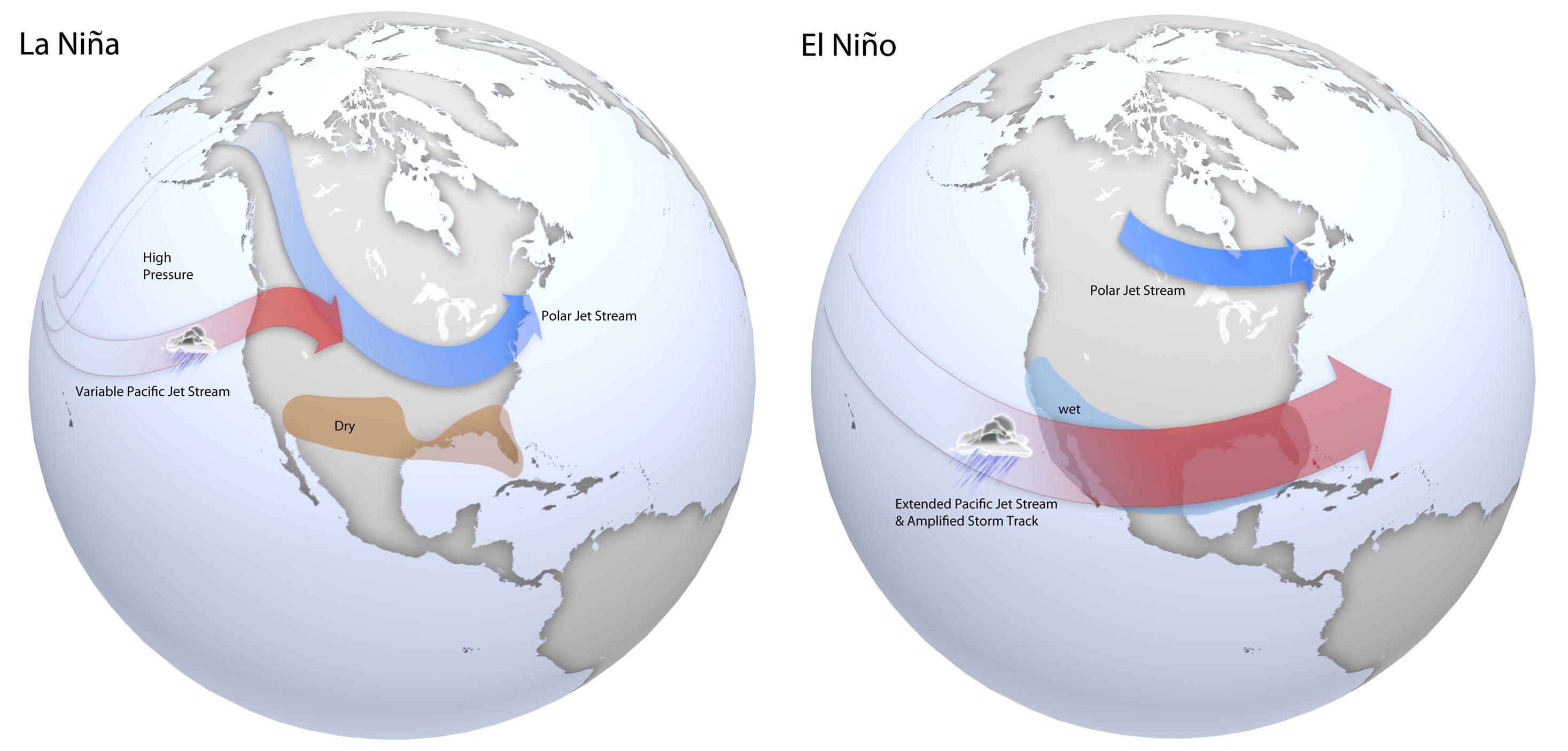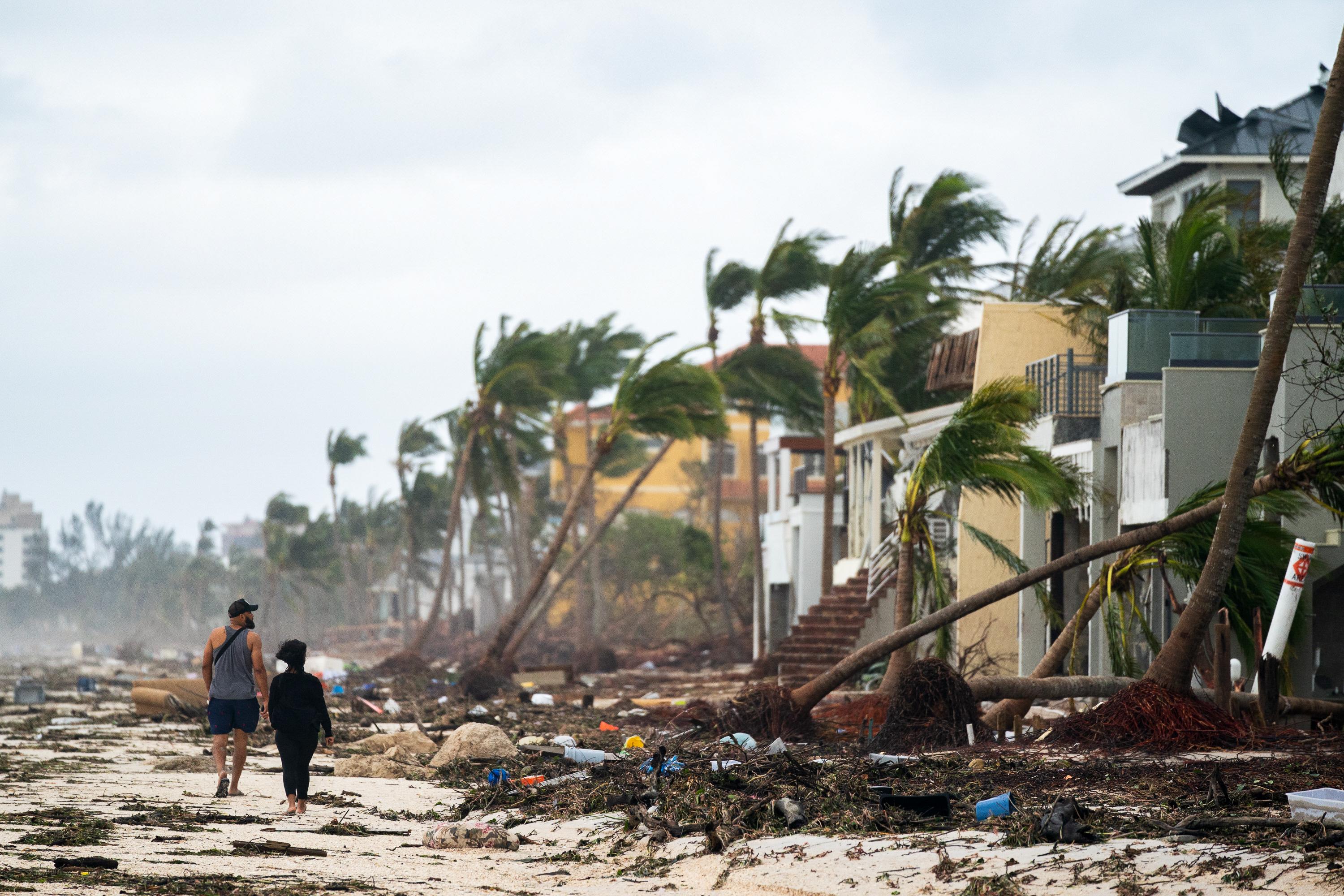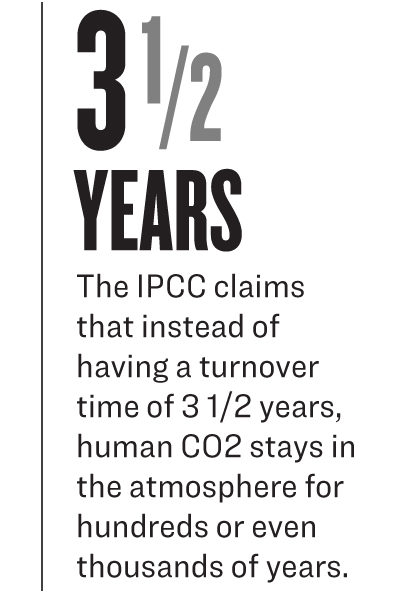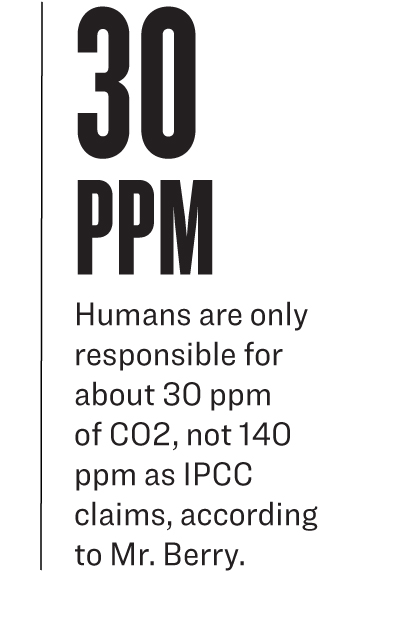Flawed modeling and overblown rhetoric drowning out scientific reality for the sake of money and power, climate experts say
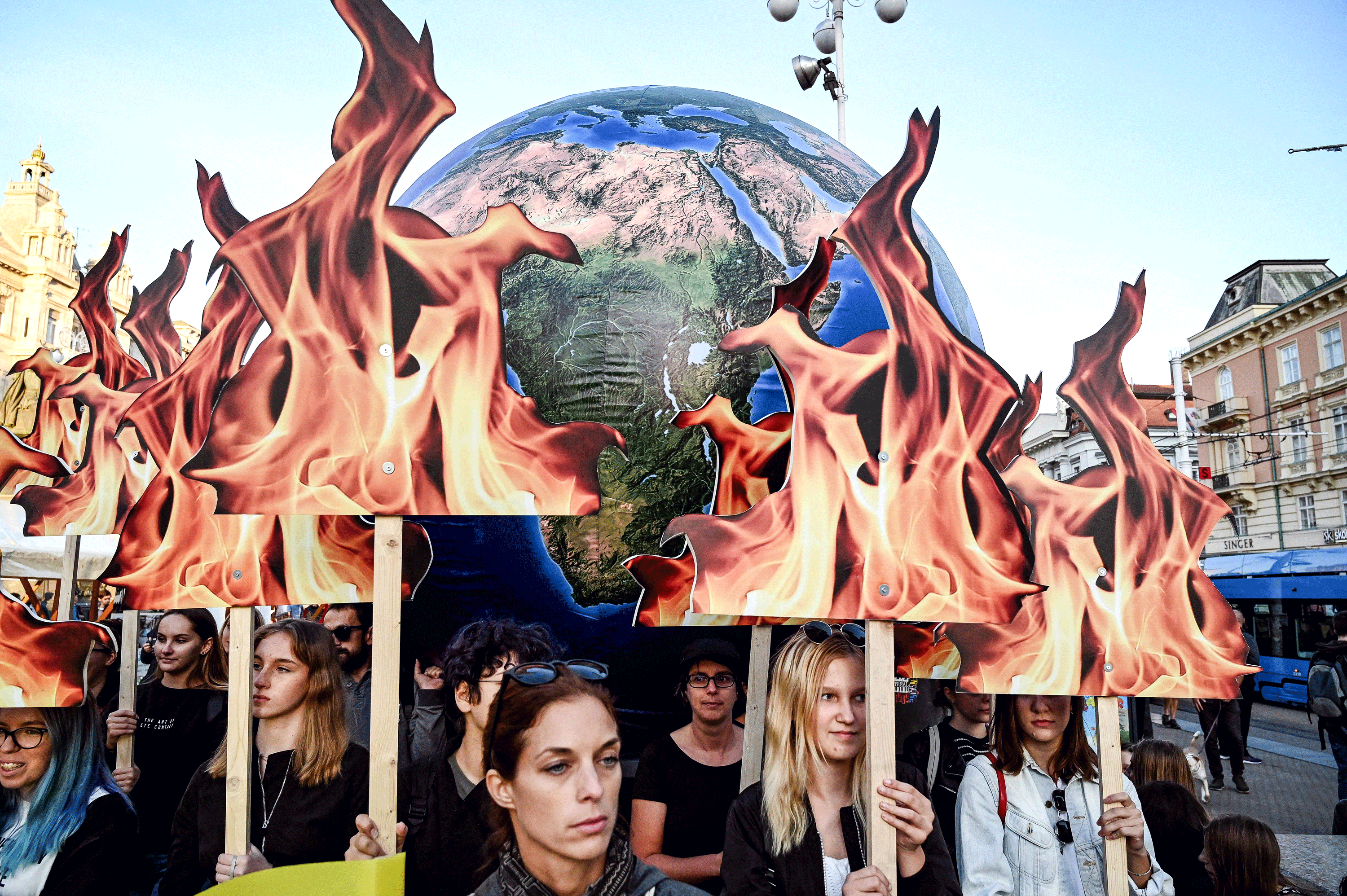
Environmental activists participate in a Global Climate Strike march in Zagreb, Croatia, on Sept. 20, 2019. (Denis Lovrovic/AFP via Getty Images)
“Scientists should openly address uncertainties and exaggerations in their predictions of global warming, while politicians should dispassionately count the real costs as well as the imagined benefits of their policy measures.”
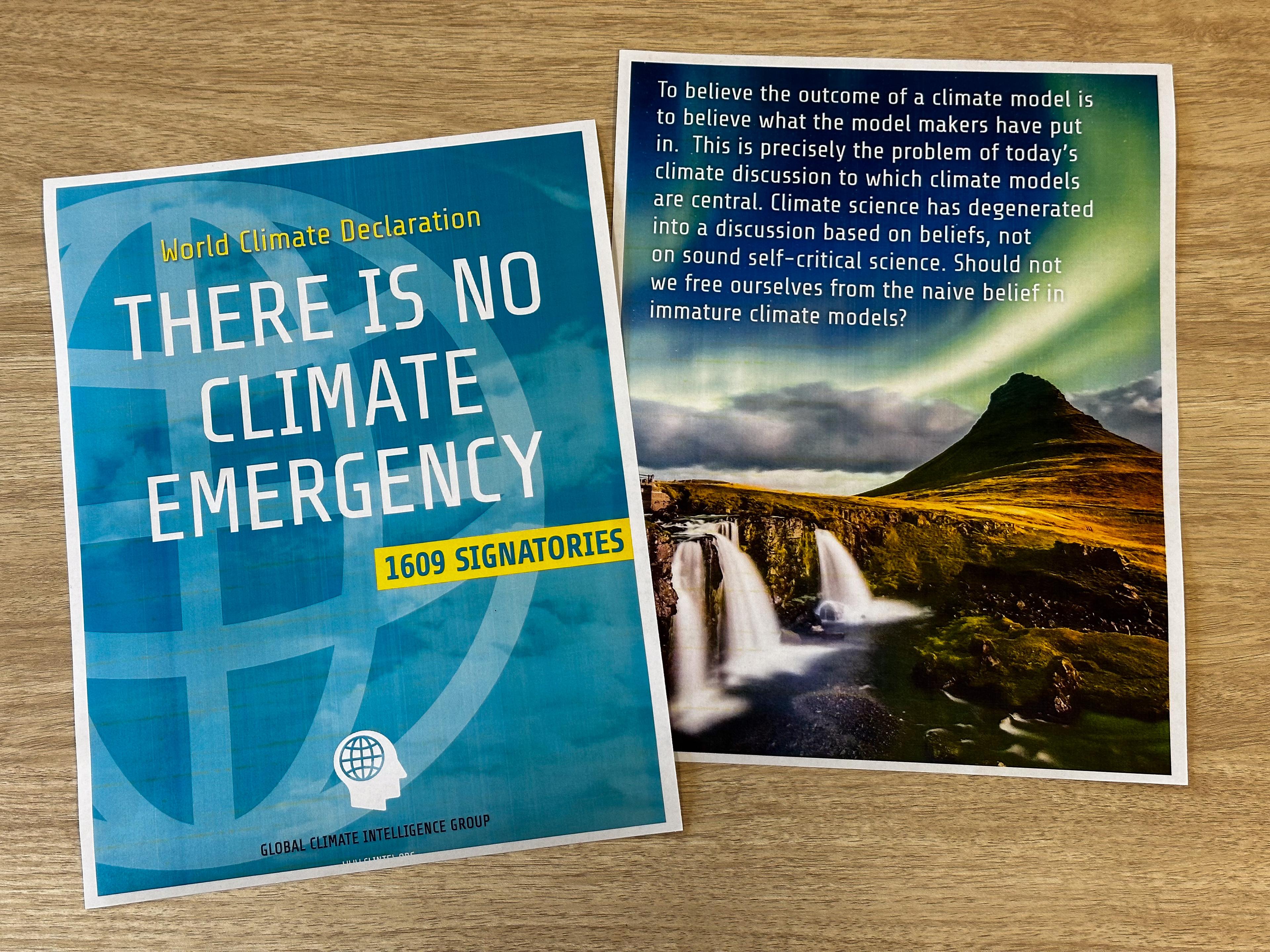
The ‘Climate Emergency’
Human activities and the resulting greenhouse gases are the cause of global warming, according to the Intergovernmental Panel on Climate Change (IPCC). Specifically, the IPCC says that in 1750, atmospheric carbon dioxide (CO2) concentrations were 280 parts per million (ppm), and today, the atmospheric CO2 concentrations are 420 ppm, which affects temperature.
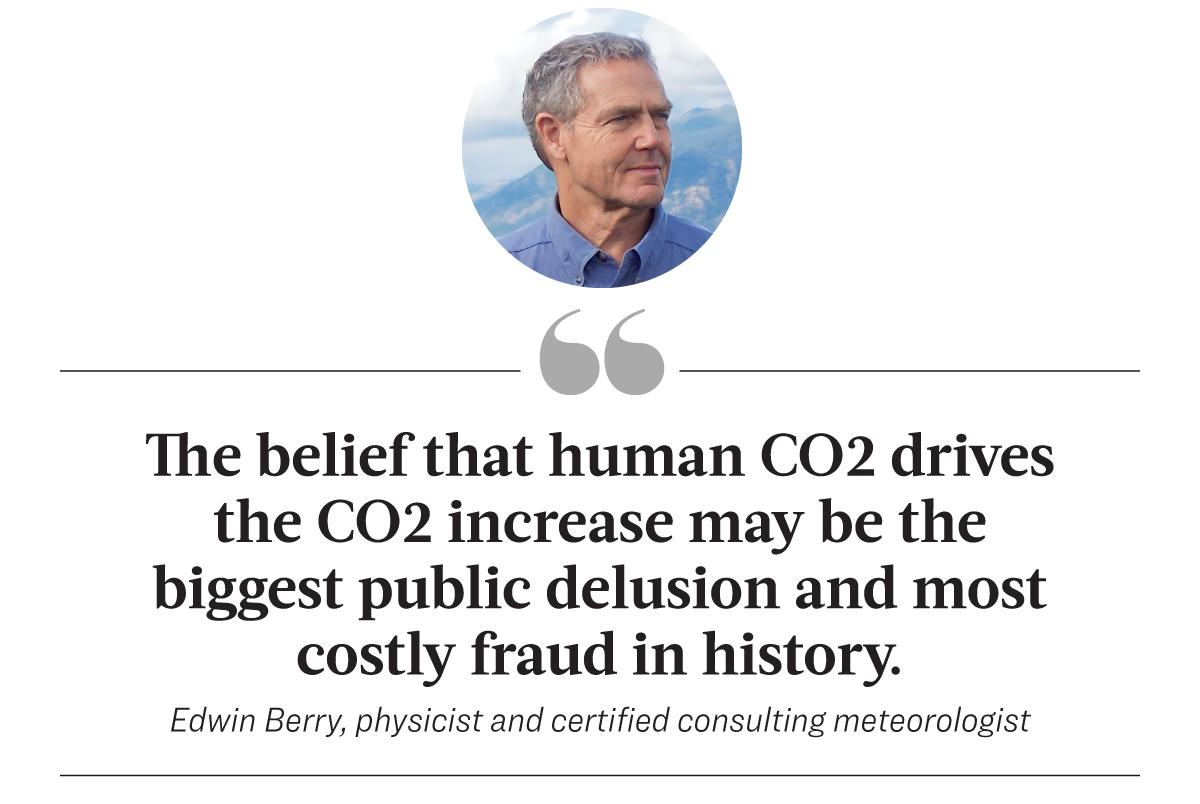
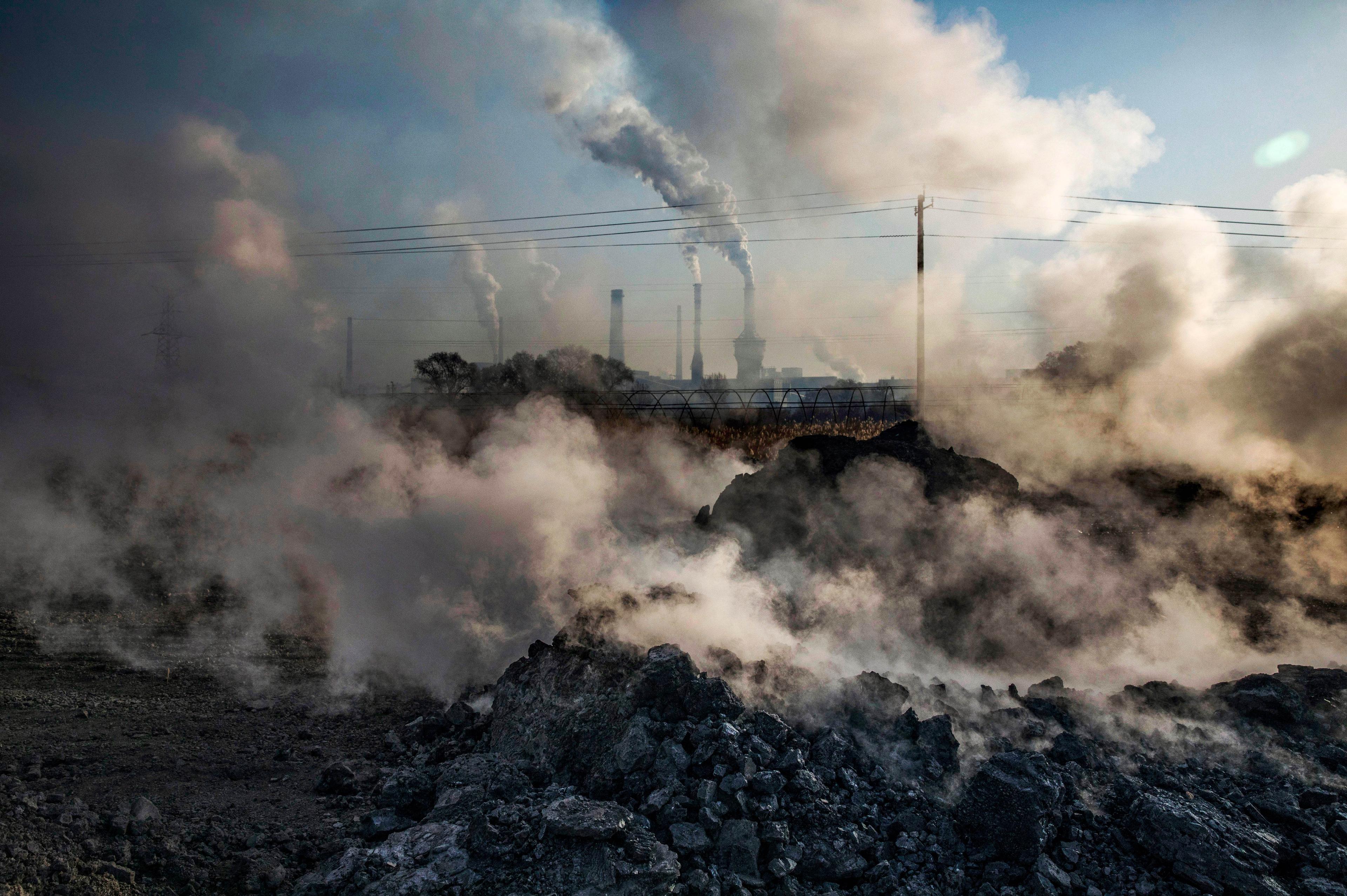
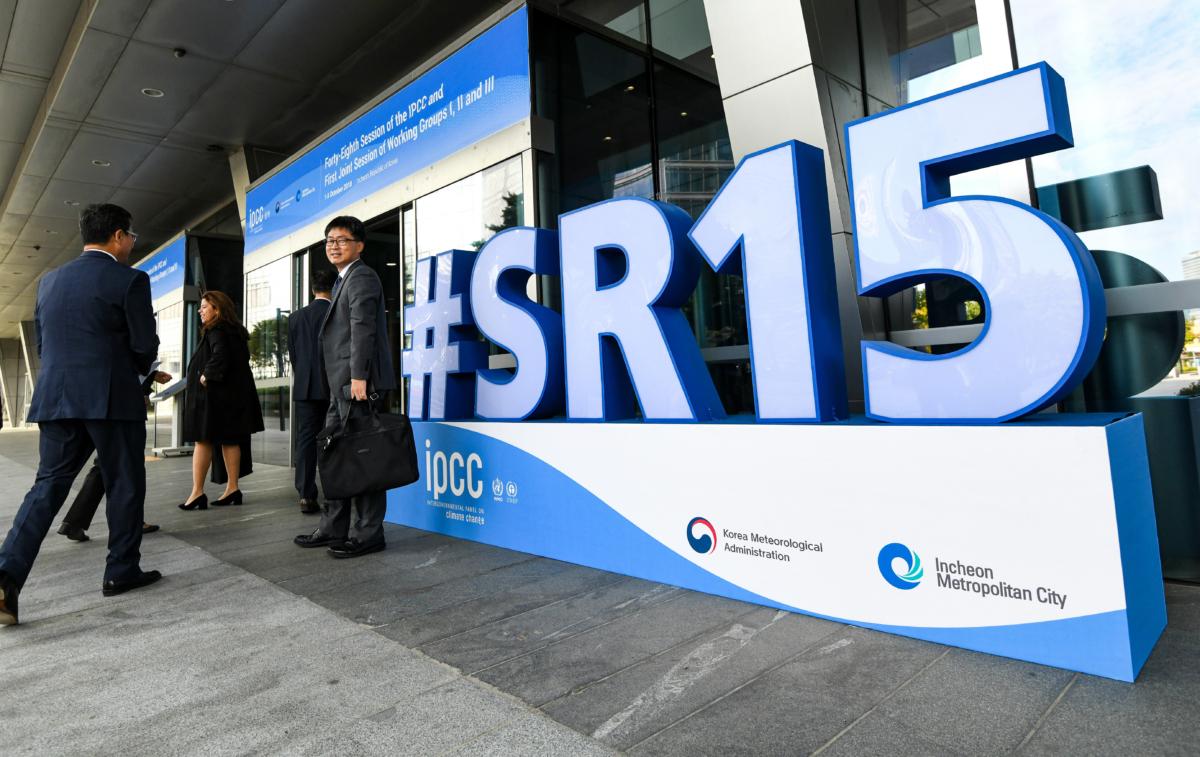
Politics and Climate Models
Like Mr. Berry, Mr. Alexander says that science has become more political than scientific.
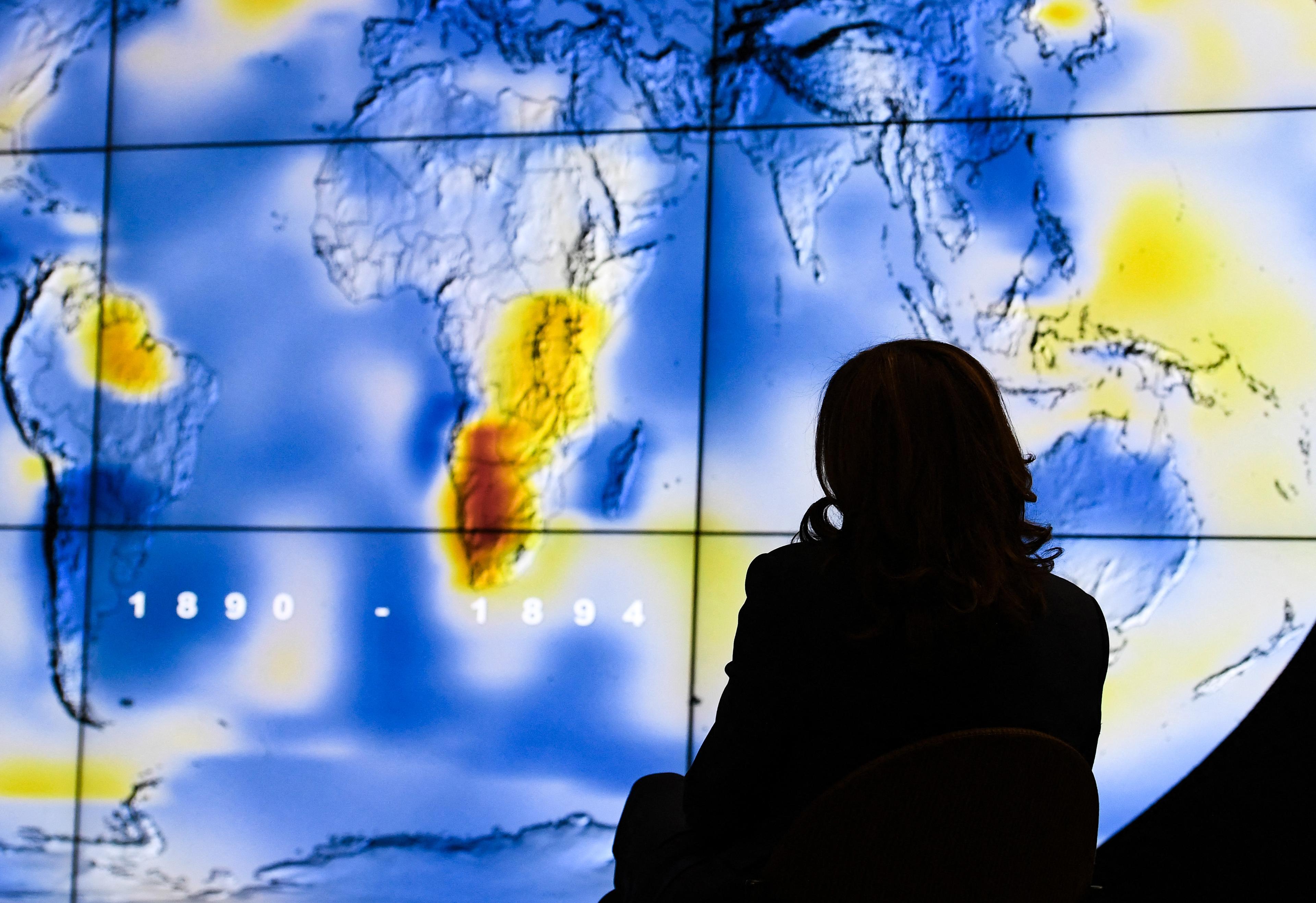
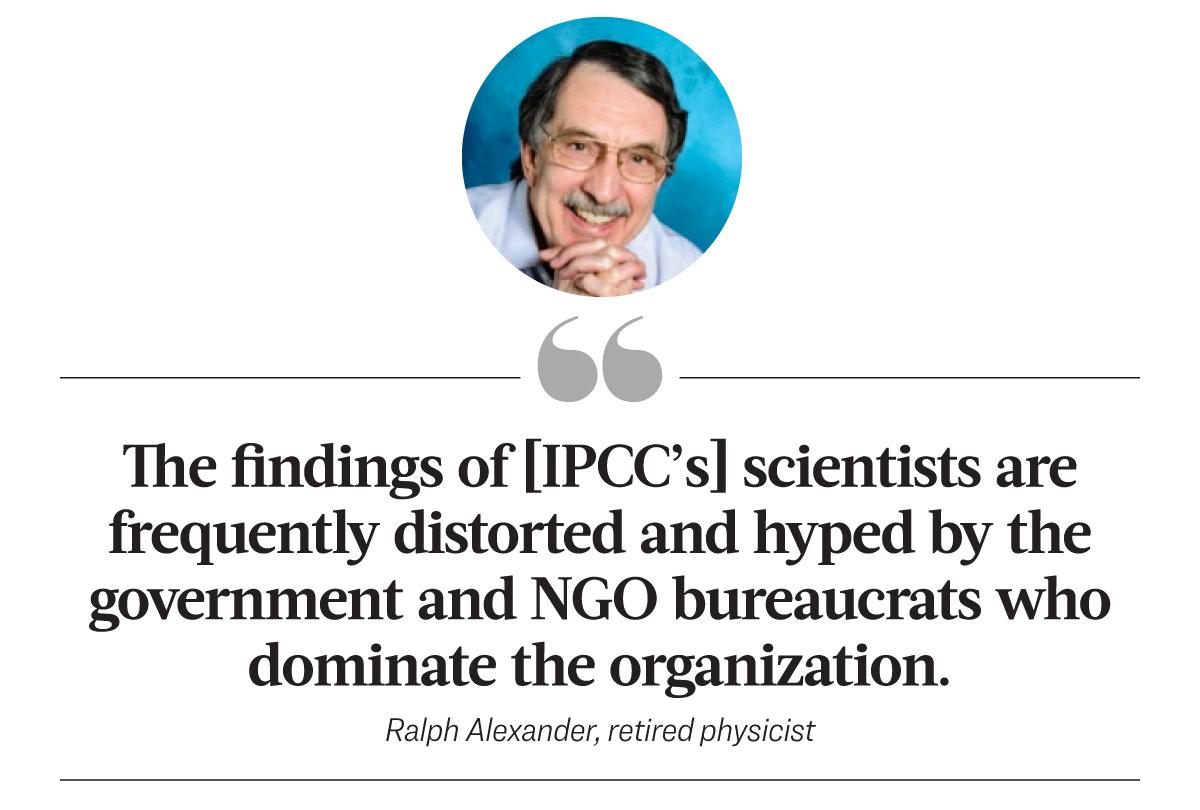
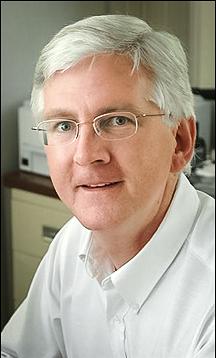
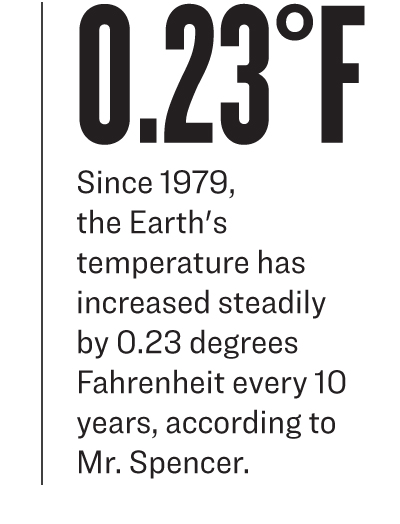 “All these large-scale and small-scale approximations are incorporated in the model in the form of adjustable numerical parameters—often termed ‘fudge factors’ by scientists and engineers. The famous mathematician John von Neumann once said, ‘With four [adjustable] parameters, I can fit an elephant, and with five, I can make him wiggle his trunk.'”
“All these large-scale and small-scale approximations are incorporated in the model in the form of adjustable numerical parameters—often termed ‘fudge factors’ by scientists and engineers. The famous mathematician John von Neumann once said, ‘With four [adjustable] parameters, I can fit an elephant, and with five, I can make him wiggle his trunk.'”

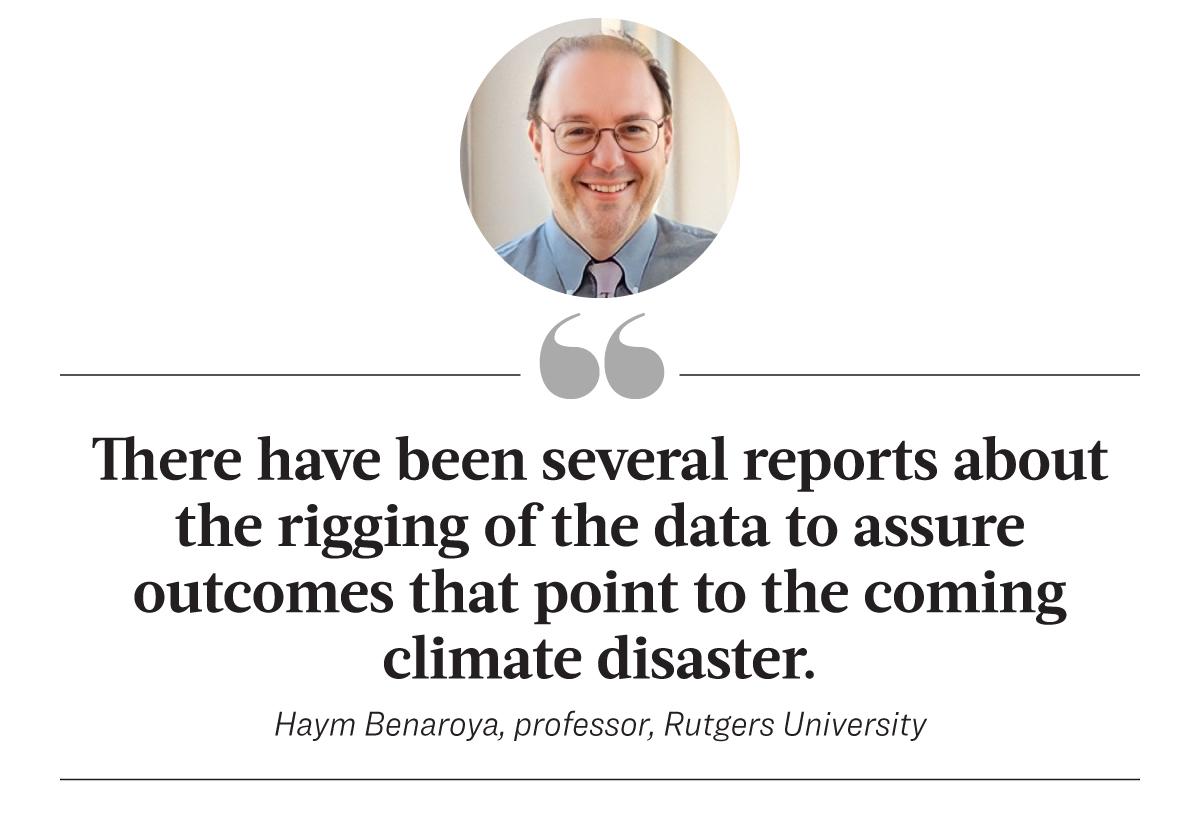
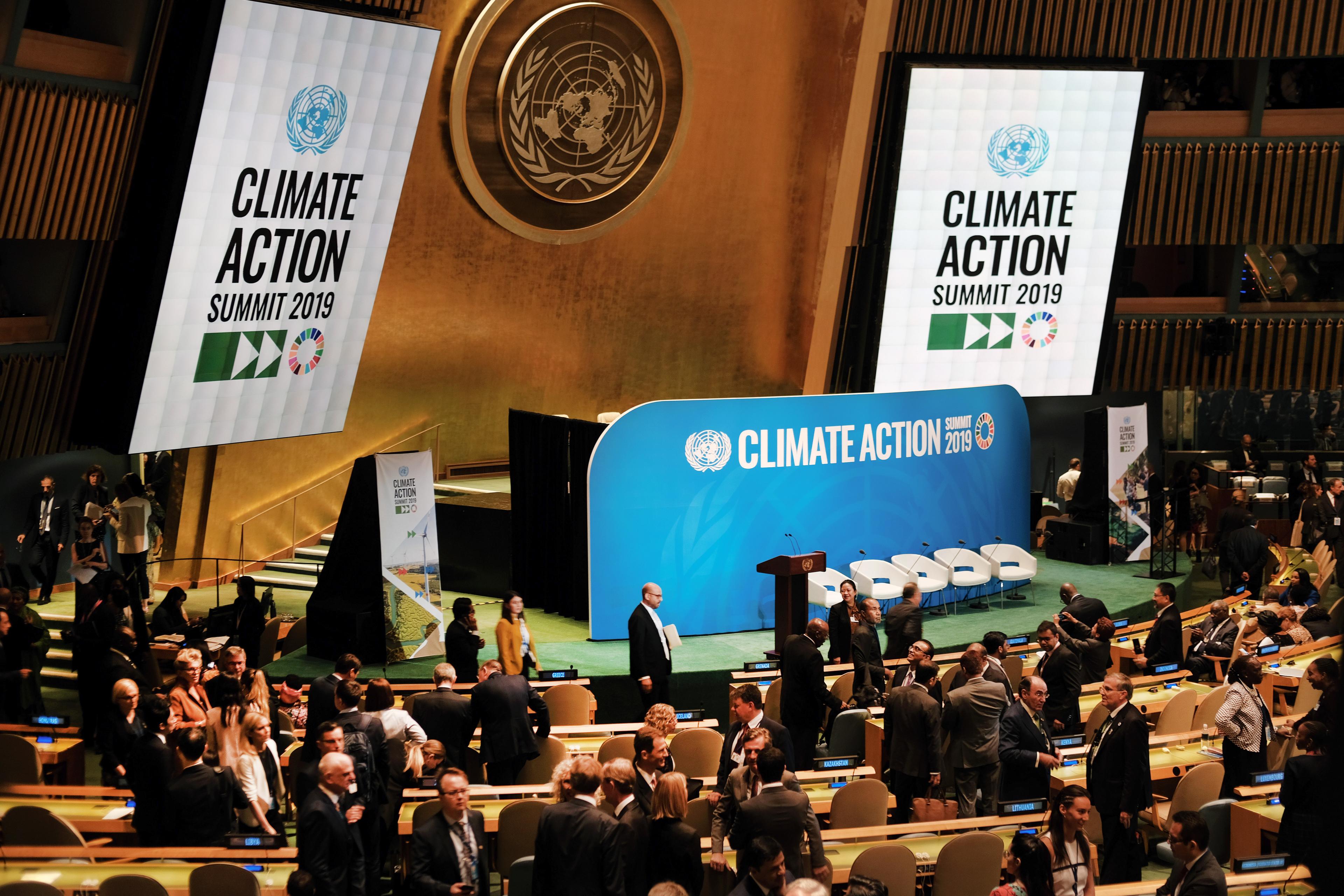
Poverty and Human Health
Calvin Beisner, an expert in environmental ethics and the founder and national spokesperson for the Cornwall Alliance for the Stewardship of Creation, agrees that nature, not humans, causes most climate change. He said that the push to decrease CO2 by transitioning from fossil fuels to renewable energy is trapping people in extreme poverty worldwide.
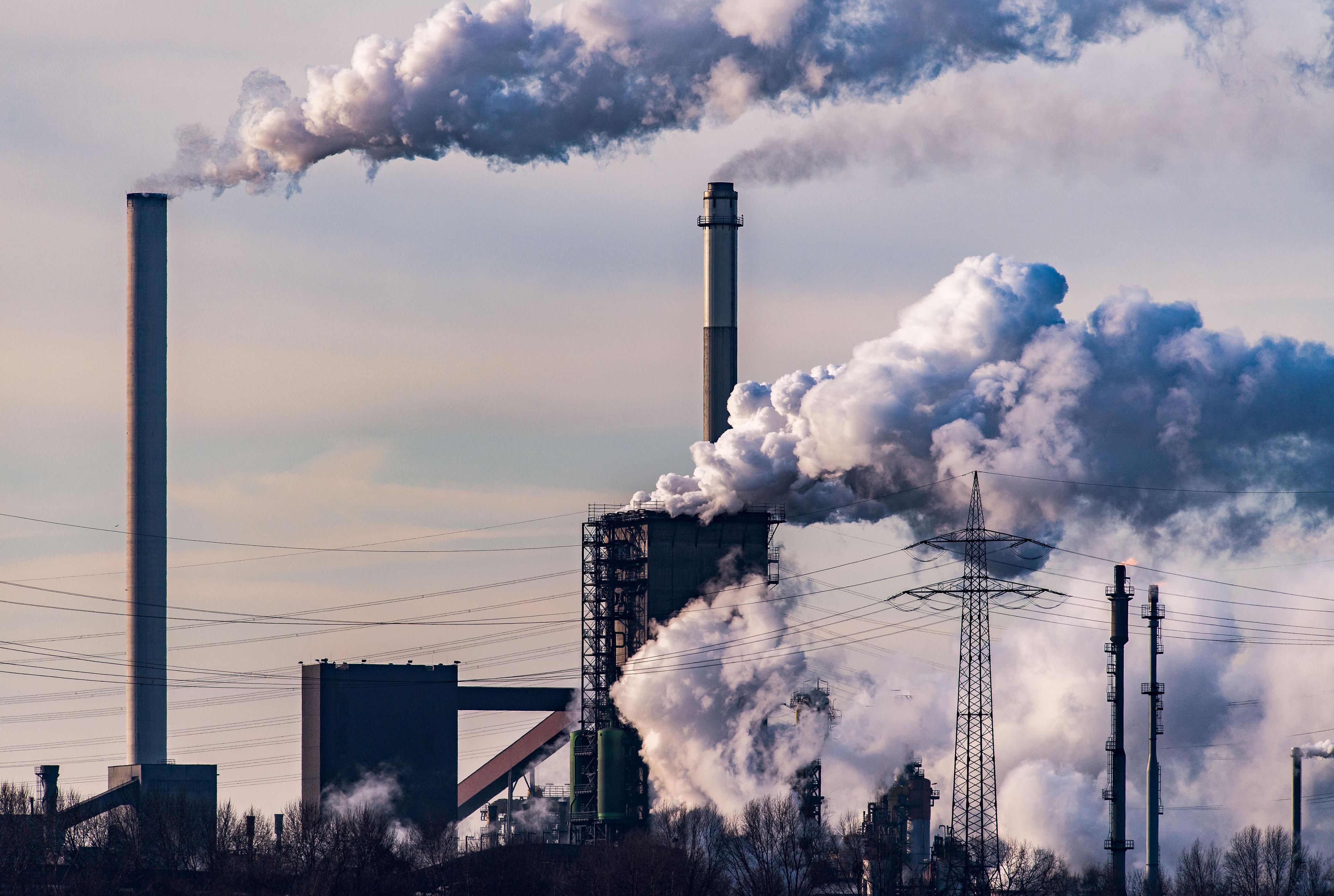
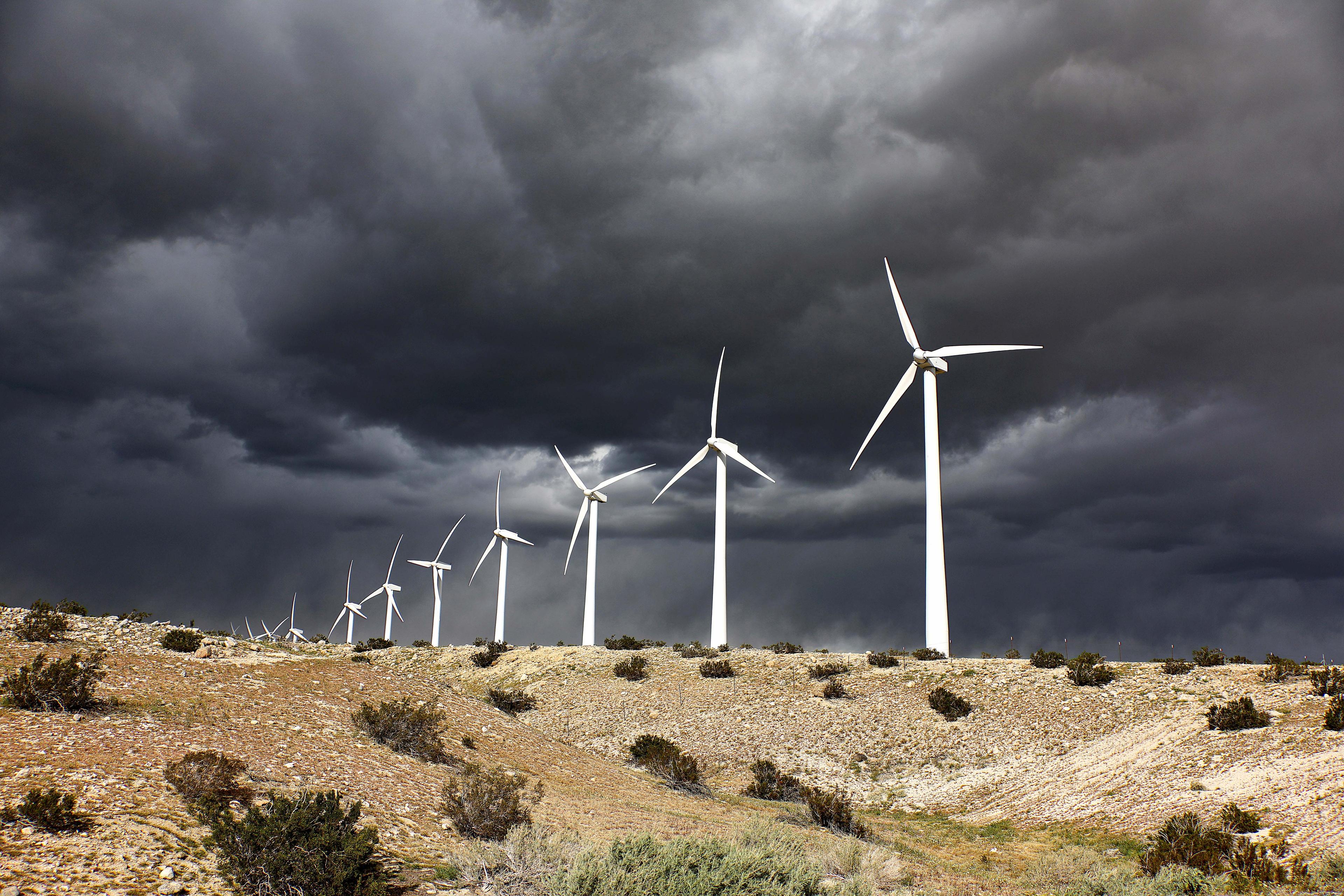
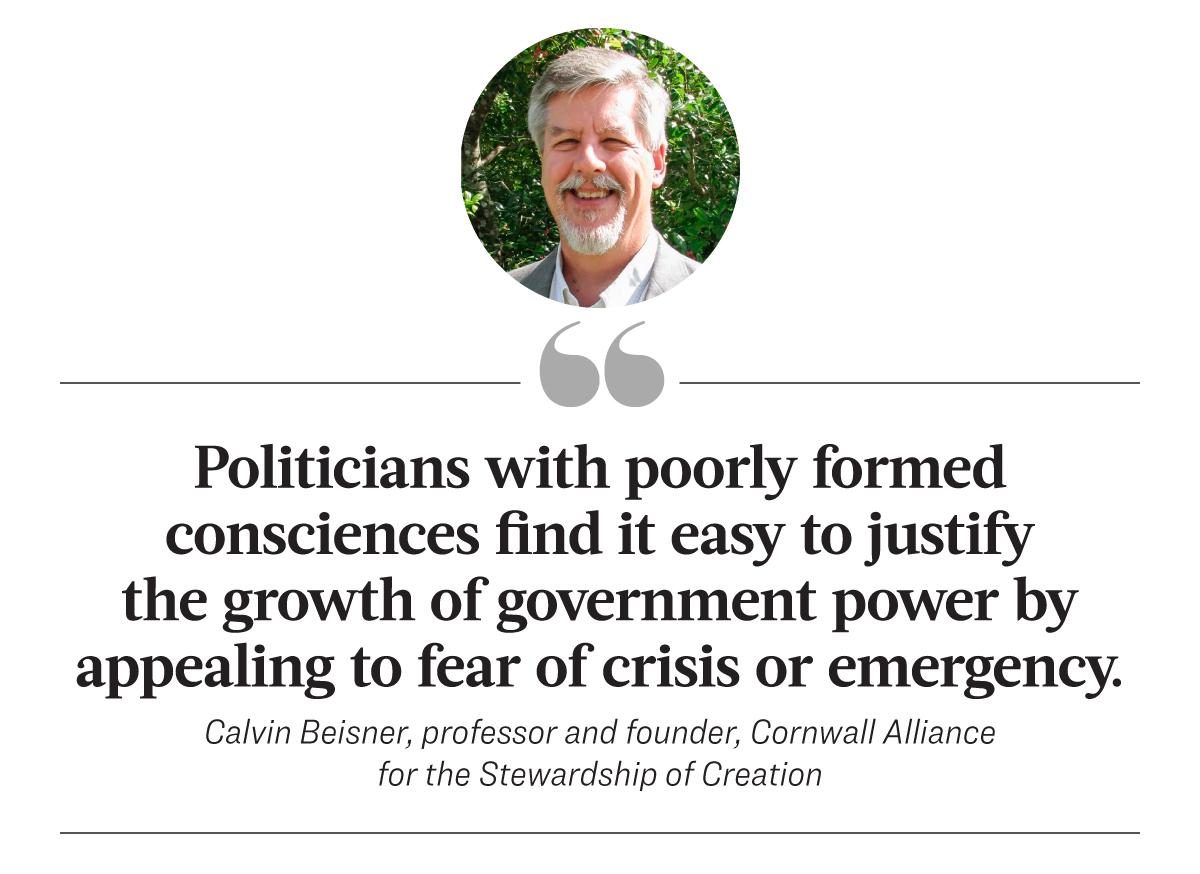
Weather and Alarmist Rhetoric
Richard Lindzen, an emeritus professor of meteorology and the Alfred P. Sloan professor at the Massachusetts Institute of Technology, told The Epoch Times that the argument that there’s an “existential threat” to the earth from increasing temperatures is a “purely political statement,” since even the IPCC doesn’t claim there’s an existential threat.

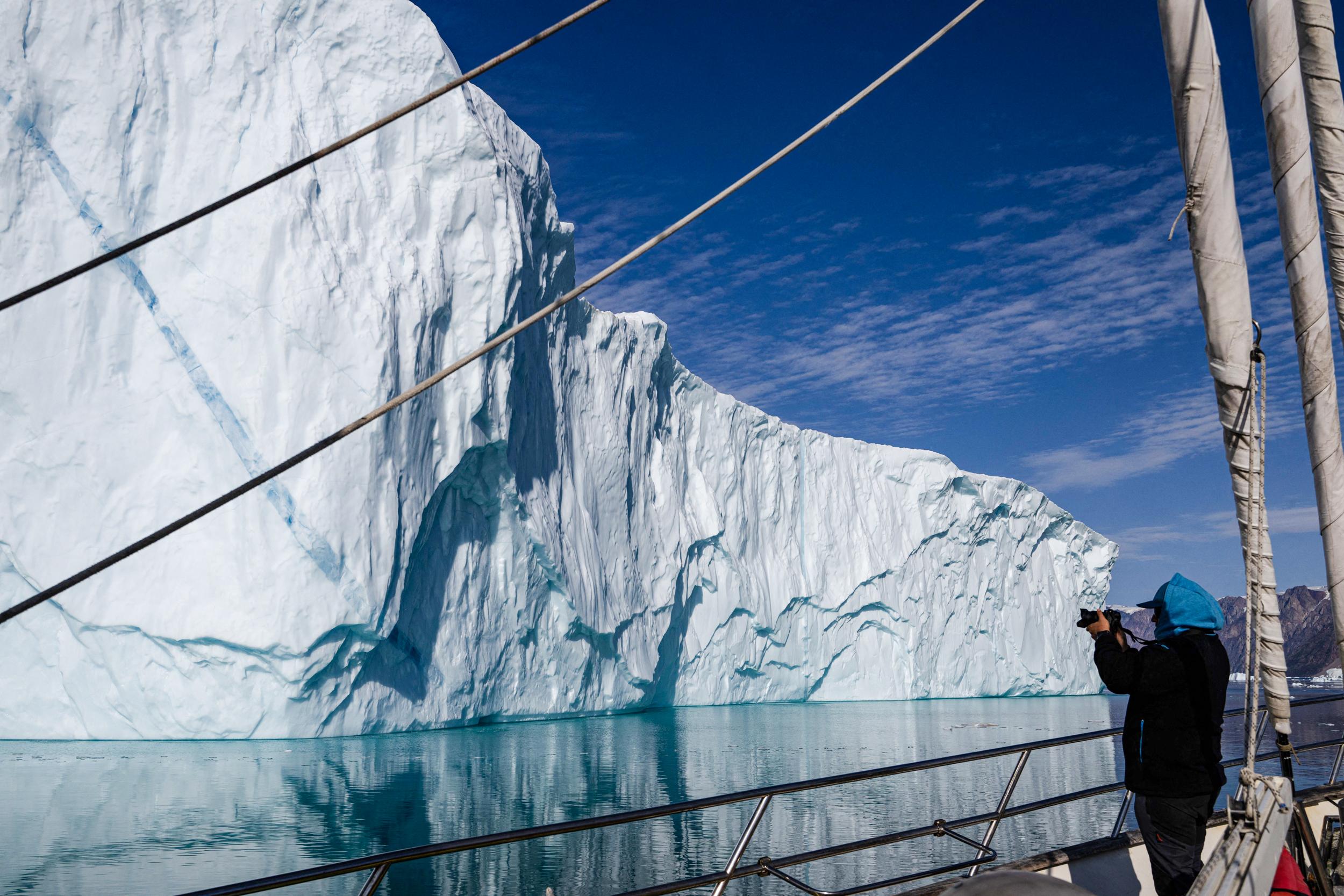
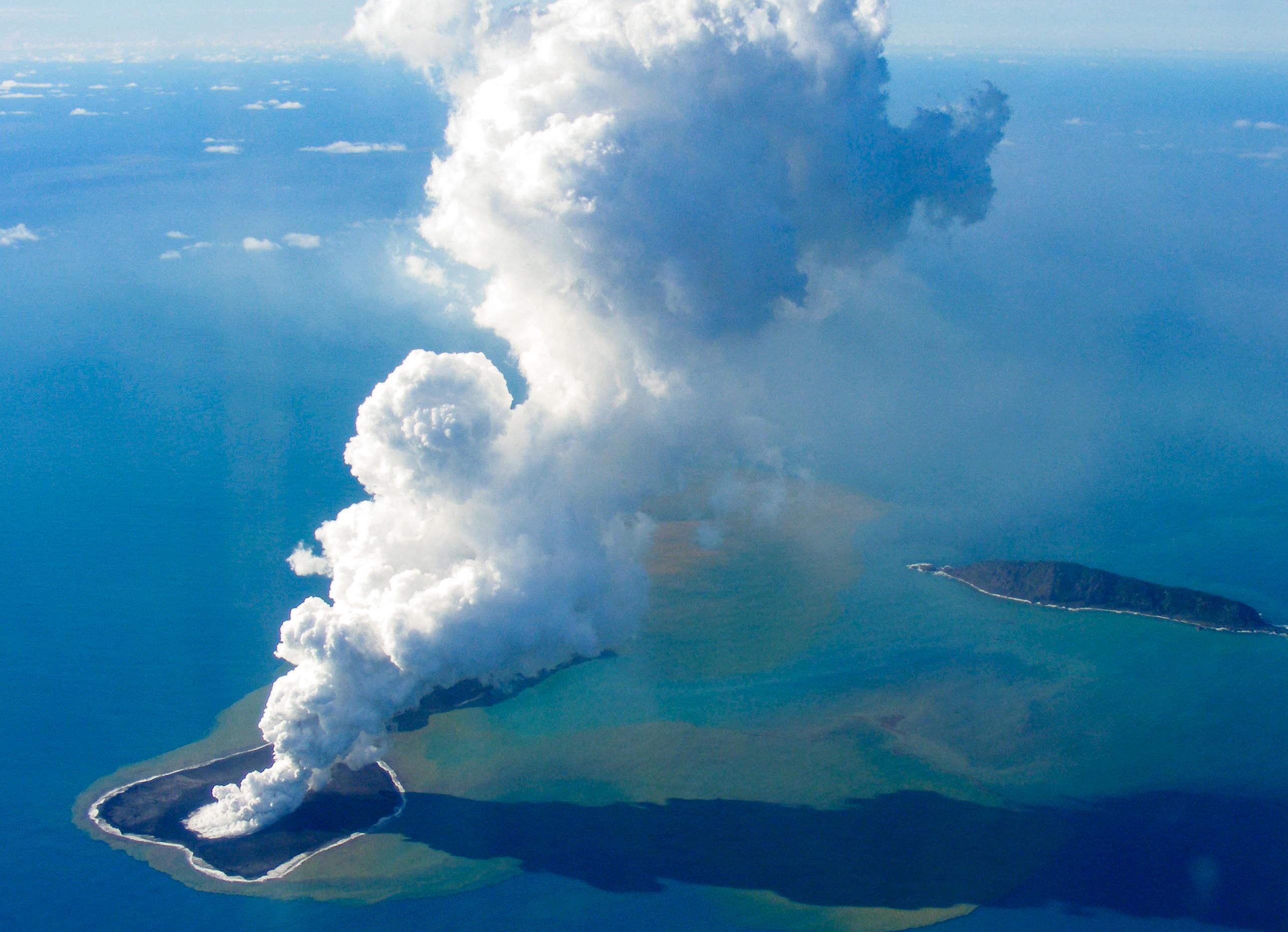
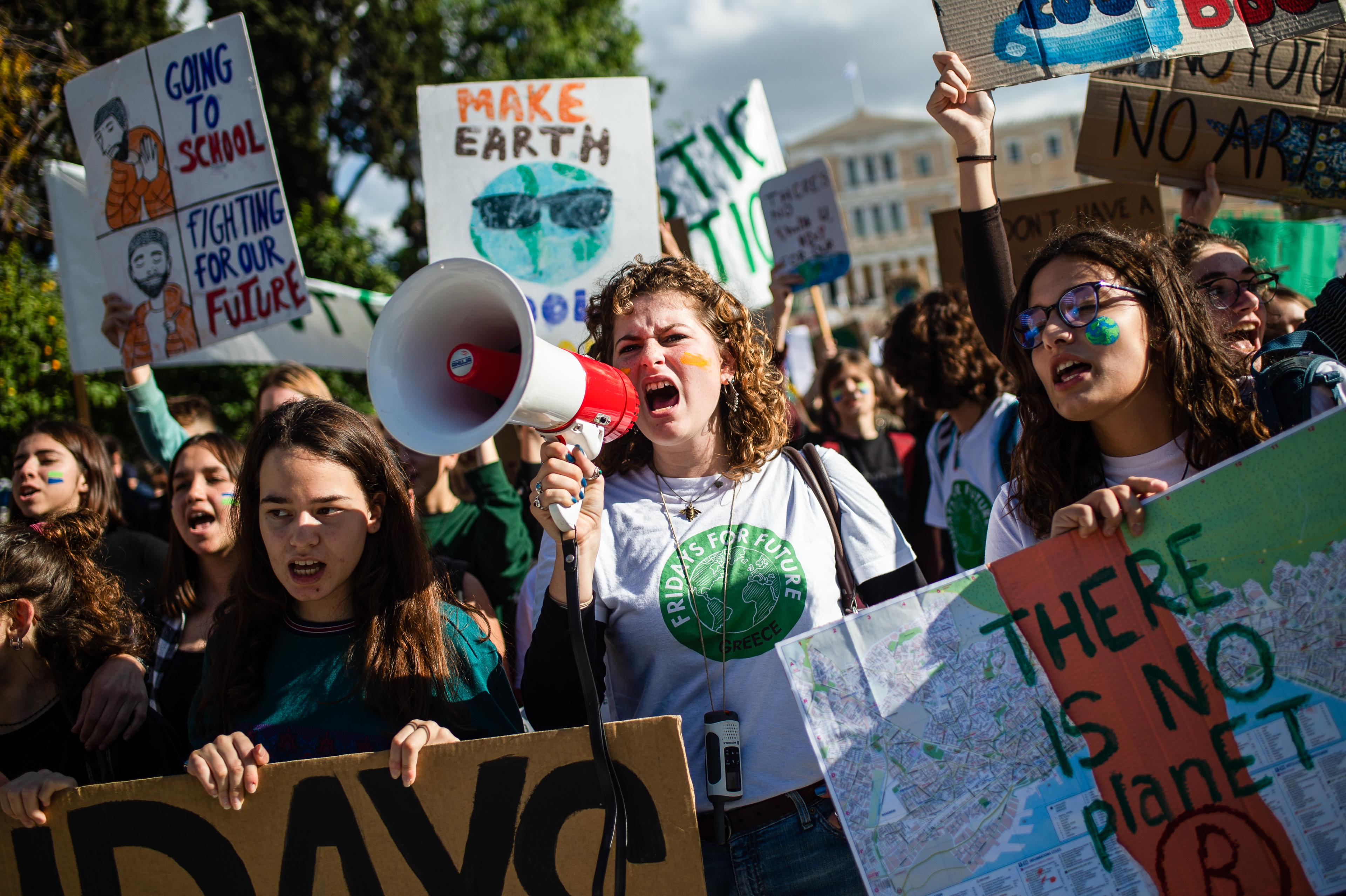
Questioning the Narrative
“Climate is a composition of a whole lot of stuff that affects climate,” Larry Bell, an architect known for designing and crafting inhabitable buildings for space, and an endowed professor at the University of Houston, told The Epoch Times. “It’s tough to model because we don’t know all the proportions of different variables influencing [climate].
